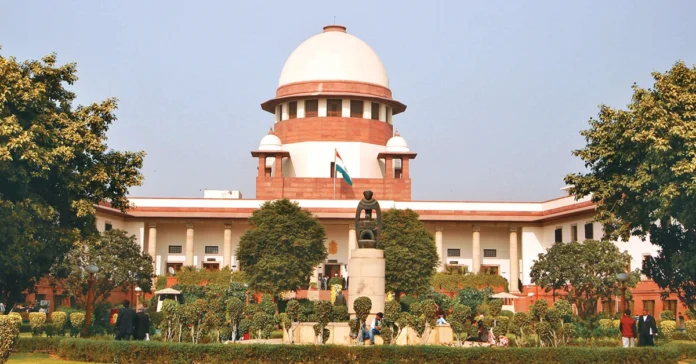The Supreme Court has once again postponed the bail plea of human rights lawyer Surendra Gadling, marking the 17th adjournment since the case first reached the apex court in August 2023. A bench of Justices J.K. Maheshwari and K. Vinod Chandran deferred the matter after Additional Solicitor General S.V. Raju said he was “not ready.” The hearing has now been listed for September 17.
Gadling, a Nagpur-based lawyer, has been in custody since June 2018 in the Bhima Koregaon case. The bail plea before the Supreme Court, however, stems from a separate incident—a 2016 arson attack in Gadchiroli, where Maoists allegedly set ablaze vehicles carrying iron ore. He was implicated in this case in January 2019, while already in jail, reportedly to prevent him from securing default bail.
His bail application had earlier been rejected by the Bombay High Court in February 2023, prompting him to approach the Supreme Court. Since then, the matter has faced repeated delays: the first hearing took place in October 2023, when Justice Aniruddha Bose asked the State to file a reply by November, but no response came. Subsequent hearings before Justice M.M. Sundresh from mid-2024 onward also saw frequent adjournments as the State sought more time. Even after being granted a “final chance” on December 4, 2024, the State submitted its reply only in January 2025.
The postponements continued into 2025. Hearings in January and February were pushed forward, with the March 27 session also deferred. The matter resurfaced only on July 18, 2025, when it was pushed further to November. On August 26, 2025, Justice Sundresh recused himself, and the case was reassigned to the present bench, which again adjourned the matter on September 3.
Despite being incarcerated for more than six years, Gadling has not yet faced formally framed charges in the Surajgarh arson case. Of the seven accused, six have already secured bail, leaving him as the only one still behind bars. The repeated postponements highlight growing concerns over judicial delay and raise questions about whether the prolonged process itself has become a form of punishment.


